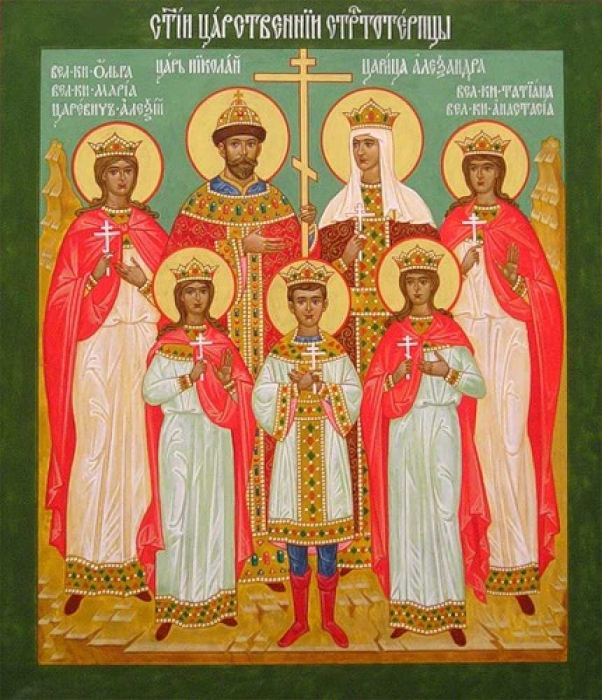 Increasing losses at the front and the fear of a German advance on Moscow eroded what little support remained for the war and undermined the Provisional Government's authority. Capitalizing on this situation, the Germans secretly transported the exiled Vladimir Lenin in a sealed train from Switzerland to Russia in the hope he would enflame the turmoil. German expectations were realized on the night of November 6-7 when Lenin led the Bolsheviks in a successful attempt to grab the reigns of power in St. Petersburg. Anti-Bolshevik forces (the White Russians) immediately took up arms to oust the Communist regime and Russia was plunged into a brutal civil war. The following March the Communist regime signed a treaty with the Germans ending Russia's participation in World War I.
Increasing losses at the front and the fear of a German advance on Moscow eroded what little support remained for the war and undermined the Provisional Government's authority. Capitalizing on this situation, the Germans secretly transported the exiled Vladimir Lenin in a sealed train from Switzerland to Russia in the hope he would enflame the turmoil. German expectations were realized on the night of November 6-7 when Lenin led the Bolsheviks in a successful attempt to grab the reigns of power in St. Petersburg. Anti-Bolshevik forces (the White Russians) immediately took up arms to oust the Communist regime and Russia was plunged into a brutal civil war. The following March the Communist regime signed a treaty with the Germans ending Russia's participation in World War I.
Against this backdrop of political chaos, the Tsar and his family were initially kept as prisoners near St. Petersburg and then transported beyond the Ural Mountains finally ending up in the town of Ekaterinburg in the Spring of 1918. The seven members of the imperial family and their small retinue were confined to the house of a successful local merchant, N. N. Ipatiev, which had been commandeered by the Bolshevik's for this purpose.
By mid-July a Czech contingent of the White Army was approaching Ekaterinburg and the sounds of gun fire could be heard in the distance by the royal prisoners and their Bolshevik captors. The arrival of their potential liberators sealed the fate of the Tsar and his family.
During the early morning hours of July 17 the Tsar, his wife, children and servants were herded into the cellar of their prison house and executed.
"We must shoot them all tonight."
Комментариев нет:
Отправить комментарий